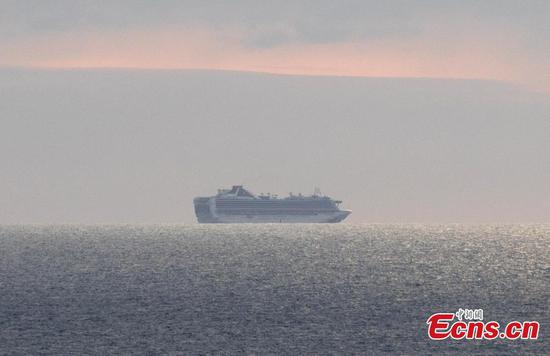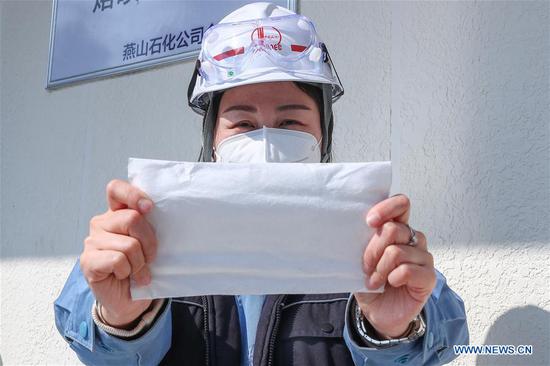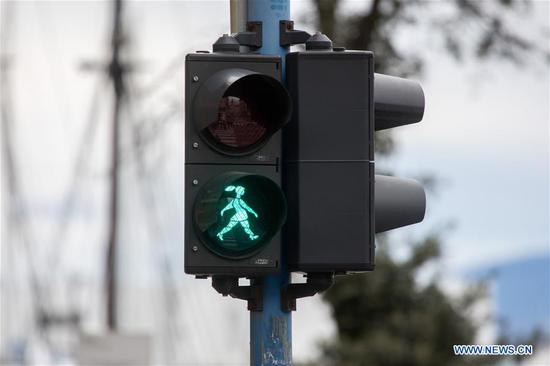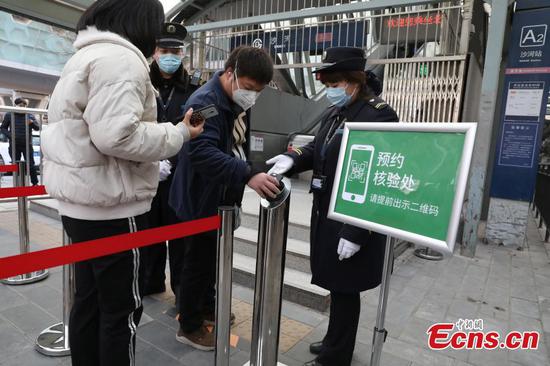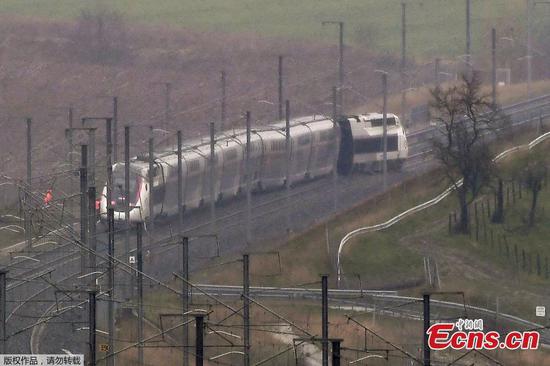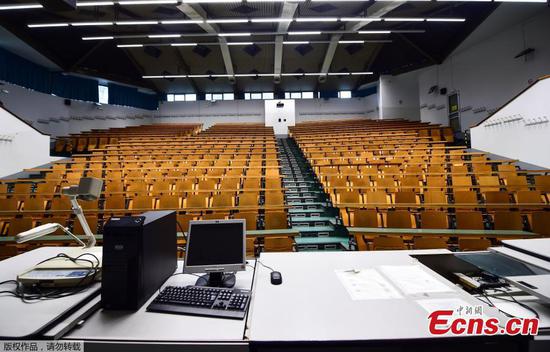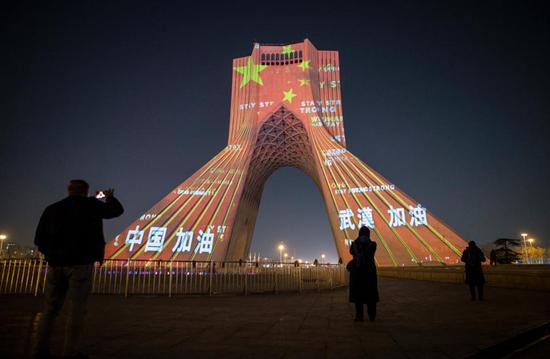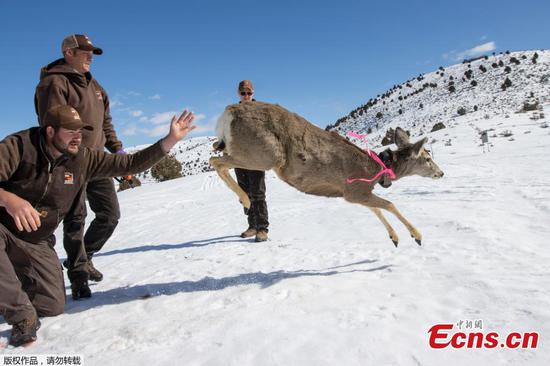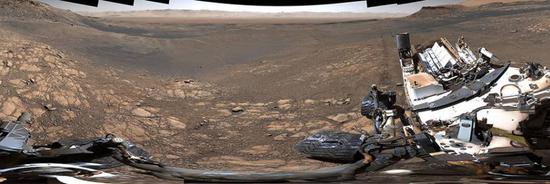Oil prices on Monday dropped the most since the 1991 Gulf War as tensions between Russia and Saudi Arabia sparked fears on Wall Street that an all-out price war is imminent and increased stress on a global economy already hit by the spreading coronavirus.
The Dow Jones Industrial Average sank by more than 1,800 points minutes after the market opened and the S&P 500 plunged by 7 percent, triggering a "circuit breaker" that halted all trading for 15 minutes.
By mid-morning, all three major averages were still struggling, but had pared some losses.
Oil prices dropped overnight and investors turned to gold, pushing it to a seven-year high.
Prices were down more than 20 percent after Saudi Arabia announced major price cuts and production increases. The Saudi move came after Russia last week rejected a proposal by OPEC to cut 1.5 million barrels of production per day.
U.S. President Donald Trump played down the plunging price of oil and the spreading coronavirus.
He said that lower gas prices were good for consumers and compared COVID-19 to the common flu.
"Good for the consumer, gasoline prices coming down!" Trump wrote in one of a series of posts on Twitter. In another, he wrote that the flu killed 37,000 Americans last year, compared with 22 known deaths from COVID-19, the disease caused by the coronavirus.
Trump said the collapse of oil prices was caused by Saudi Arabia and Russia "arguing over the price and flow of oil".
"That, and the Fake News, is the reason for the market drop!" Trump tweeted. "Nothing is shut down, life &the economy go on," he said.
"This has turned into a scorched Earth approach by Saudi Arabia, in particular, to deal with the problem of chronic overproduction," Again Capital's John Kilduff told CNBC. "The Saudis are the lowest cost producer by far. There is a reckoning ahead for all other producers, especially those companies operating in the U.S. shale patch."
Crude prices, along with U.S. government bond yields, are typically viewed as key barometers of economic health and confidence, Gregory Perdon, co-chief investment officer at private bankers Arbuthnot Latham, told The Wall Street Journal.
"There has always been an assumption that when the oil price collapses the world is going to become a darker place, whether that is driven by the demand side or supply side," he told the newspaper.
"The fear today is about a global recession," said Thomas Hayes, chairman of Great Hill Capital, a hedge fund-management firm based in New York. "If Russia does not come back to the table soon, investors worry the default risk and credit spreads widening will lead to tighter credit and even a recession," he told the Journal.












